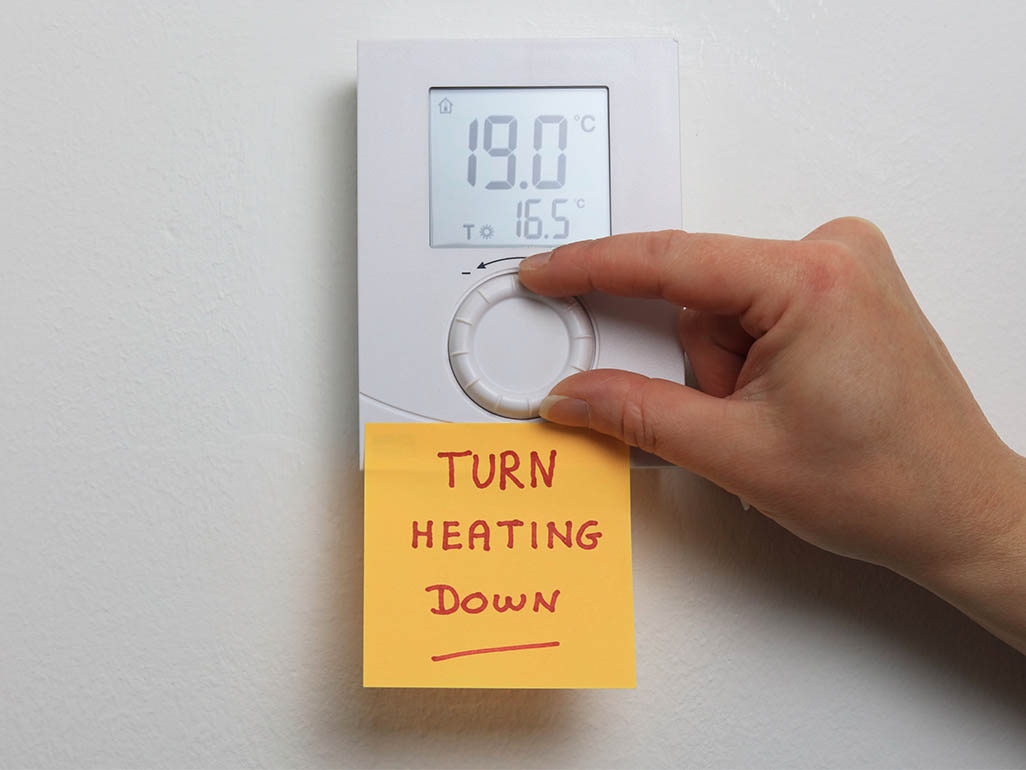Our first tip, and probably the easiest one to start doing, is simply turning off or unplugging any light, switch, plug, or appliance you’re not using. If you’re asking, “should I turn off at the plug or turn to standby?” the answer is always to switch off at the mains.
Standby simply won’t cut it. “Vampire” devices – like TVs, game consoles, radios, DVD players, and other electrical devices – still suck power from your electricity socket to continue running at a low level, waiting and ready to fire back up at the click of your remote. While the total cost of leaving these electricals on standby will vary from device to device, it’s always best to just switch them off. The savings might not knock tons off your monthly bills, but any saving is better than no saving!


